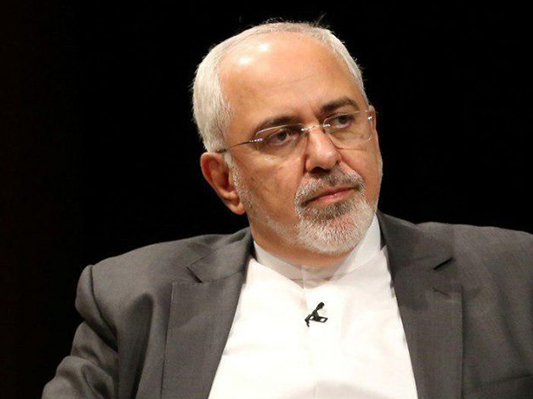Speaking in an interview with the London-based al-Araby al-Jadeed media outlet published on Tuesday, Mohammad Javad Zarif said Europeans have vowed to support Iran’s economic cooperation with foreign countries, but they have failed to overcome operational challenges so far.
“Europeans are not yet ready to fulfill their political commitment while paying the economic cost. They are trying to keep their achievements without paying anything,” Zarif said.
“This policy won’t benefit Europeans in the long term. They will incur more cost,” he warned, urging the bloc to be serious and face up to the US.
The EU announced last September it will work to create a special payment mechanism, known as Special Purpose Vehicle (SPV), to facilitate trade with Iran.
The mechanism was to go into effect by November 5, but Europeans have apparently failed to make it operational so far.
European officials have announced that the mechanism could also be used by other countries, protecting Iran from efforts by the US to hamper its Asia and Europe trade.
Iran’s Economy to Beat Sanctions
The foreign minister said Iran is in constant contact with its European, Chinese and Russian partners, in search for ways of countering sanctions and limiting their impact.
Zarif said Iran’s economy is highly capable of resisting sanctions, as the country has enormous human, natural and technical resources.
“It’s right that the US has great economic power. But … all countries are against the US sanctions,” he said.
Zarif said the US was optimistic the economic pressure caused by sanctions will push the nation to force the government to change tack, but such hopes have been disappointed.
The top Iranian diplomat said the US has failed to cut down to zero Iran’s oil exports and proven unable to hamper Iran’s air and sea connections with the world.
Earlier this month, the US restored the sanctions targeting Iran’s banking and energy sectors.
The punitive measures targeted 700 individuals, banks, aircraft, ships and companies tied to Iran’s energy and financial industries.
The move came following months of efforts by the US to hamper Iran’s trade with Asia and Europe.
